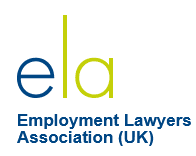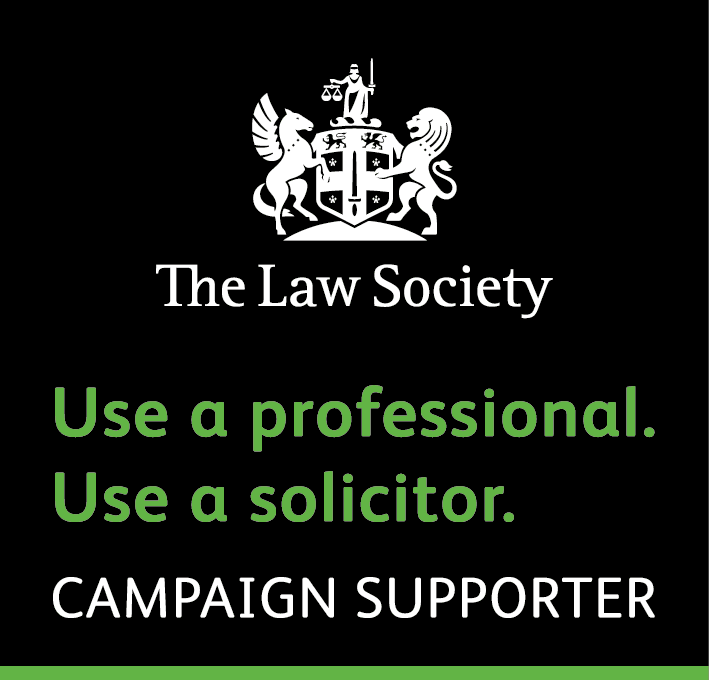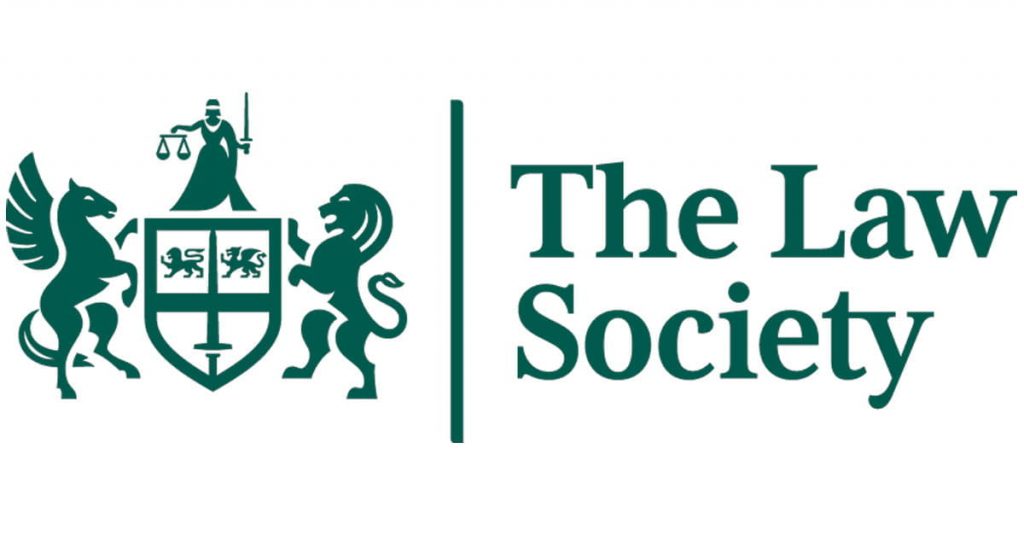Services
This complete guide to settlement agreements for employees explains what a settlement agreement is and its purpose.
A settlement agreement is a special type of legal agreement between an employer and employee, which sets out the terms and conditions of the ‘deal’ they have made to settle a dispute between them.
Usually, the employer pays the employee an agreed sum of money that they would not otherwise be entitled to as 'compensation' and the employee agrees to waive their right to bring any claim in relation to their employment or the circumstances giving rise to the termination of their employment. Its natural to have a variety of questions if you are placed in such a situation given the serious consequences to your employment and livelihood. We have addressed some of the more common questions below.
Will I have to pay tax on the money I receive?
The payment you are offered by your employer to sign the Settlement Agreement can be broken down into 2 parts:
- Contractual in nature; or
- Compensatory
It is important to breakdown how the payment you have been offered is made up by your employer. This will allow you to work out whether or not the payment is subject to income tax and NI. Generally speaking contractual payments are payments which you are entitled to under the terms of your employment contract. This includes payments such as holiday pay, notice pay or bonuses.
Compensatory payments are payments which you receive for the loss of your employment, often known as ‘ex-gratia’ payments. Generally speaking your employer is entitled to pay you the first £30,000 of any compensation payment income tax & NI free.
Contractual payments however such as accrued holiday pay or bonuses will be subject to tax & national insurance.
New rules were introduced on the 6th April 2018 which now requires income tax and NI to be paid on notice payments whether or not they are paid in lieu.
As per the common clauses referred to above, there is usually a clause in the agreement providing that you will be responsible for any tax that Revenue & Customs deem should have been paid on the agreement that has not been (tax indemnity).
Given the values sometimes involved in settlement agreements, it may be appropriate for you to take advice from a tax specialist.
What am I actually agreeing to?
You are waiving most of your legal rights arising out of your employment. They include statutory rights (arising from laws made by Parliament), contractual rights (arising from your contract of employment) or common law rights (arising from general law such as personal injury or negligence). By signing the Agreement you are agreeing not to pursue such claims. A number of statutory claims cannot be waived unless they are done so in a Settlement Agreement.
Do I need a reference?
We often see many Settlement Agreements which make no reference to the provision of a reference to future potential employers. This can be crucial particularly if you are not leaving your employer on good terms. In such circumstances it is important you protect your position by negotiating the wording of the reference to be used in the future.
The agreed wording should be included within the settlement agreement – sometimes as an appendix.
In some circumstances you might be happy with a very basic factual reference to confirm your job title, your role and the length of service. However if you have been with your employer for several years, a full descriptive reference about your skills and achievements is usually preferable to assist you with securing future gainful employment as a simple reference may raise eyebrows for long periods of service.
The agreement should also make clear that if your former employer is asked to comment about you verbally, or to fill in a tick-box form about you, the information they provide will be no less favourable towards you that of the agreed wording.
Can I tell anyone about the Agreement?
Nearly all Settlement Agreements include a standard confidentiality agreement.
In most cases it covers the existence of the Settlement Agreement which means you must not tell anyone that this is the way in which you have agreed to terminate your contract. Usually you can agree exceptions to this rule so you are permitted to discuss the agreement with immediate family, spouse and professional advisers.
Sometimes this only covers the terms of the amount offered in the Agreement.
Where people are aware that you have a dispute or claim against your employer, it is important to look at what sort of confidentiality agreement has been offered to see if this is appropriate as a breach of the confidentiality term can have serious consequences in terms of the Agreement itself and possible repayment of any compensation payment.
Can my employer impose new obligations?
We do not require you to attend a face to face meeting to sign the agreement, although this is certainly something that we will accommodate if you wish and it is preferable if you are based locally.
We can give you advice over the phone and return your signed Settlement Agreement the same day.
What claims am I agreeing to waive?
Most settlement agreements are intended to cover every possible type of claim you could bring against your employer. This is often the main advantage to your employer to securing your agreement to the Settlement Agreement. It is therefore important to understand that once the agreement has been executed it forms a binding contract and you will surrender your rights to bring most types of employment claims and claims for personal injury.
There are very few exceptions to this but they are limited. This includes claims for personal injury where you are unaware of the injury at the time of signing the agreement. For example, if you were unknowingly exposed to asbestos at work, the settlement agreement wouldn’t prevent you from bringing a claim against your employer if you discovered years later that you had become ill with asbestosis caused by that exposure. These are often referred to ‘latent’ claims, which means you had no knowledge of the injury at the time of signing the Settlement Agreement.
When you sign a settlement agreement, you should assume that it draws a line under everything that has happened between you and your employer and that you won’t be able to bring any type of claim against them.
Can I still bring an Employment claim if I sign the agreement?
The simple answer is no. By signing the Settlement Agreement you will waive your right to bring most Employment Tribunal claims against your employer. The Settlement Agreement is usually in full and final settlement of the particular claims. This is often the main reason why your employer offers you a Settlement Agreement.
Generally, you will be expected to give a warranty that you have no additional claims other than those listed in the agreement.

Solicitor Call Back
Request a FREE no obligation consultation with a solicitor by completing the form below
You can learn more about how we handle your personal data by viewing our Privacy Policy
Ready to speak to an employment law expert?




